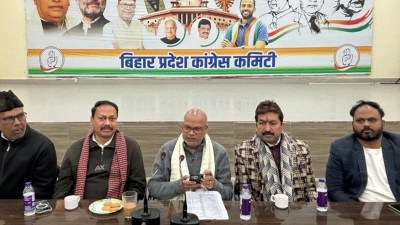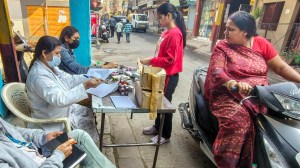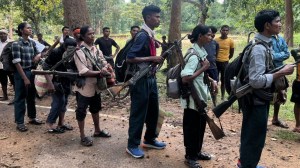 The HLC also recommended 75% reduction in these charges for Below Poverty Line (BPL) students, the Registrar said in a circular Monday. The revised rates are to be implemented from January 2020.
The HLC also recommended 75% reduction in these charges for Below Poverty Line (BPL) students, the Registrar said in a circular Monday. The revised rates are to be implemented from January 2020.
The University Grants Commission (UGC) Monday agreed to release Rs 6.41 crore to Jawaharlal Nehru University (JNU) to help the institution tide over the funds crunch that led to a substantial hike in the hostel fee.
With the regulator agreeing to release more money, the High-Level Committee (HLC) set up by the JNU administration recommended 50% reduction in service and utility charges for all students, from what it had earlier decided. As of now, these elements are not part of the hostel fee.

The HLC also recommended 75% reduction in these charges for Below Poverty Line (BPL) students, the Registrar said in a circular Monday. The revised rates are to be implemented from January 2020.
This makes it clear that the JNU Students’ Union’s demand for complete rollback of fee hike has not been paid heed to. The Registrar also noted that the recommendations of the HLC had been “approved by the Executive Council through circulation”.
JNU is learned to have approached the higher education regulator Monday for more funds and the UGC approved the request the same day.
Sources said the funds have been sanctioned under the recurring head out of the existing budget made available to the UGC by the Ministry of Human Resource Development (MHRD).
The move comes even as the high-powered committee constituted by the HRD Ministry is still to submit its report in the matter.
Story continues below this ad
“The HLC has strongly recommended that concessions in utility and service charges be given to all the students of the University,” the circular said with regard to the recommendations made by the seven-member committee.
“The committee scrutinized the estimated utility and service charges in the hostels, which are Rs 2000 per month (including electricity and water charges of Rs 300) and has recommended that Rs 1000 per month may be charged, in place of Rs 2000 per month, towards utility and service charges for all the students. The Committee has also recommended 75 per cent reduction in utility and service charges for all the eligible BPL students who would be charged Rs 500 in place of Rs 2000 per month,” it said.
Registrar Pramod Kumar said he “hoped” the “concessions” will “go down well with the student community and stakeholders at large”.
“The student strike has caused enormous academic loss to a vast number of students in the university. The administrative shutdown due to occupation of the Administration Building has compounded the woes of the JNU community. Further continuation of lockdown of Schools would be unacceptable national loss. Therefore, the Administration appeals to the agitating students to end their strike with immediate effect in the academic interest of their fellow students. The university’s image has already taken a beating and normalcy in the university must return at the earliest,” he said.

 The HLC also recommended 75% reduction in these charges for Below Poverty Line (BPL) students, the Registrar said in a circular Monday. The revised rates are to be implemented from January 2020.
The HLC also recommended 75% reduction in these charges for Below Poverty Line (BPL) students, the Registrar said in a circular Monday. The revised rates are to be implemented from January 2020. 






























